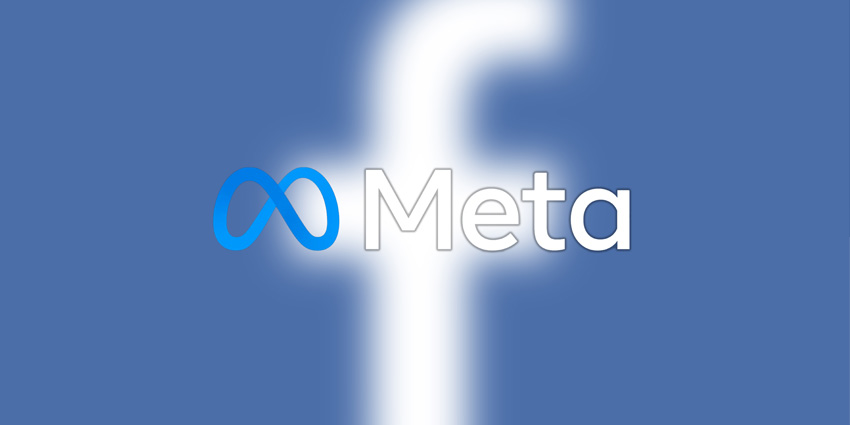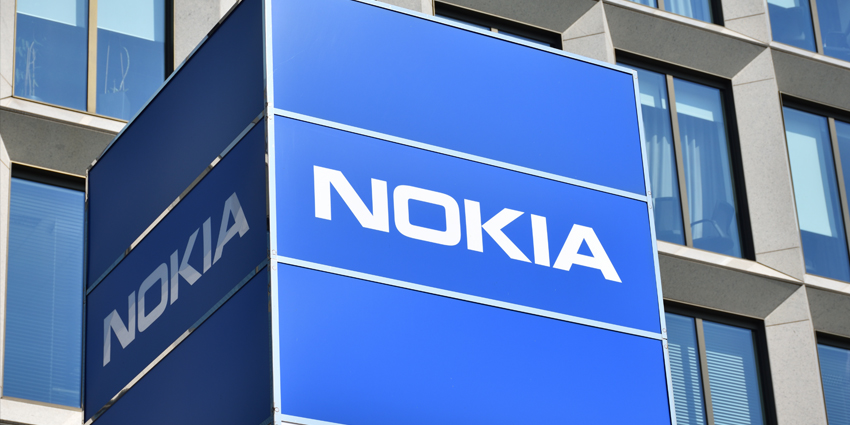Why did Facebook change its name to Meta? Or, more accurately, why did Facebook rebrand as Meta, and what are the reasons for its recent spate of investments in an AR/VR-based metaverse environment?
There are several explanations for this major move by social media giant Facebook, and they have to do with the future direction that the company is looking to take.
Facebook first came out with its vision for the metaverse in July 2021, when it announced a new product team that would develop the metaverse.
At the same time, Mark Zuckerberg said that Facebook intended to transition into “being a metaverse company” in an interview with Verge. Following this, Facebook officially announced its rebrand as Meta during its annual conference, Connect 2021.
Here’s why:
1. The immersive reality industry is sufficiently mature to be profitable.
The first reason has more to do with why Facebook is investing in the metaverse, rather than its rebrand.
For a long time, AR/VR remained limited in scope and deployment due to issues around hardware, connectivity, reach, and the availability of content. Then, due to COVID-19, the industry saw an unprecedented growth spurt – it is now expected to grow by more than 3X times between 2020 and 2025.
Epic Games announced that it would invest $1 billion in its version of the metaverse, back in April 2021. Microsoft followed suit in May. So, it makes sense that Facebook would also leverage this opportunity and bring together its AR/VR investments with its massive social media capabilities.
2. The rebrand consolidates and clarifies Facebook’s acquisitions over the years.
This was among the primary reasons cited for Facebook’s name change to Meta. Over the years, Facebook has increasingly segmented the social media experience through new apps and acquisitions.
It acquired Instagram in 2012 and WhatsApp in 2014, and slowly set up Messenger as an independent application, separate from Facebook. Simultaneously, it also developed Oculus – one of the most popular consumer-grade VR headset experiences today.
In conversation with Verge, Mark Zuckerberg said, “There was just a lot of confusion and awkwardness about having the company brand be also the brand of one of the social media apps.” Its rebrand to Meta corrects this.
Users will now have a unified Meta account that can be used across one or more apps.
3. Facebook is looking at a technology pivot, like Microsoft pivoting to Azure.
A common comparison drawn by analysts is Google’s rebrand to Alphabet. Google had diversified extensively, well beyond its search engine business, when it decided to rebrand the parent organisation.
Incidentally, Google too was going through somewhat of a bad news cycle back then. However, Zuckerberg, notes that it “really isn’t what [they are] doing here” and that Microsoft is a better analogy.
Just like Microsoft reimagined its brand identity as a cloud company instead of an OS provider, Facebook is looking at a technology pivot towards AR/VR and the metaverse instead of focusing only on social media.
4. The company has laid the foundation stones of an AR/VR world and hopes to capitalise on it.
Facebook isn’t new to immersive reality. The company has invested heavily in Facebook Reality Labs, which includes five research facilities around the world.
Project Aria combines augmented reality, 3D mapping, and contextualised AI to capture and understand the world around us. More recently, Facebook has introduced a social VR app called Horizon Home, VR messenger calls, and Fitness VR, while partnering with VR Game Studio, Vertigo Games.
This is in addition to the company’s many partnerships with local startups, content creators, communities, and regulatory bodies. Rebranded as Meta, the company is better positioned to capitalise on these past and upcoming investments.
5. It may offer renewed direction amid a particularly tough bad news cycle
Across September, documents revealed by the Wall Street Journal and other sources suggested that there may be internal problems with Facebook’s workings and chronic challenges with social media itself.
It should be noted that Facebook will continue to operate as a separate app under the Meta family of products. However, at this time, it makes sense for the leadership team to explore future horizons beyond social media as we know it.
The company’s annual earnings will now be reported in two parts – social apps and future platforms (i.e., the metaverse) – and we can expect significantly more investment in the latter.
Key Considerations to Remember
When it comes to Facebook’s name change to Meta, there’s both good and bad. To begin with, it may be argued that Facebook is a little too early out of the gate.
It is yet to have an established portfolio of metaverse products (like Google’s non-search engine products or Microsoft’s strong cloud presence when they rebranded), and the customer base is yet to be primed.
Forrester’s August survey found that just 23% of US consumers and 17% of UK consumers were interested in exploring the metaverse. Most didn’t understand it (33% in the UK and 29% US) or felt no need for it. Similarly, a November survey by YouGov found that one-third of American consumers had never heard of the metaverse.
Meta signals a complete strategic shift by Facebook, from being a large and globally dominant tech company to espousing decentralisation and responsible engagement.
Its rebranding is a good start, but it is only the beginning of a very long journey. As Denise Lee Yohn, crack marketer and author, writes for HBR, “People refer to a brand as a promise; but a brand must be a promise delivered.”
By changing its name to Meta, Facebook announces its intention to fulfil a different promise than the one it started with in 2004, back in MIT and a very different world.
Note: The article retains Facebook’s original naming for the reader’s convenience.







